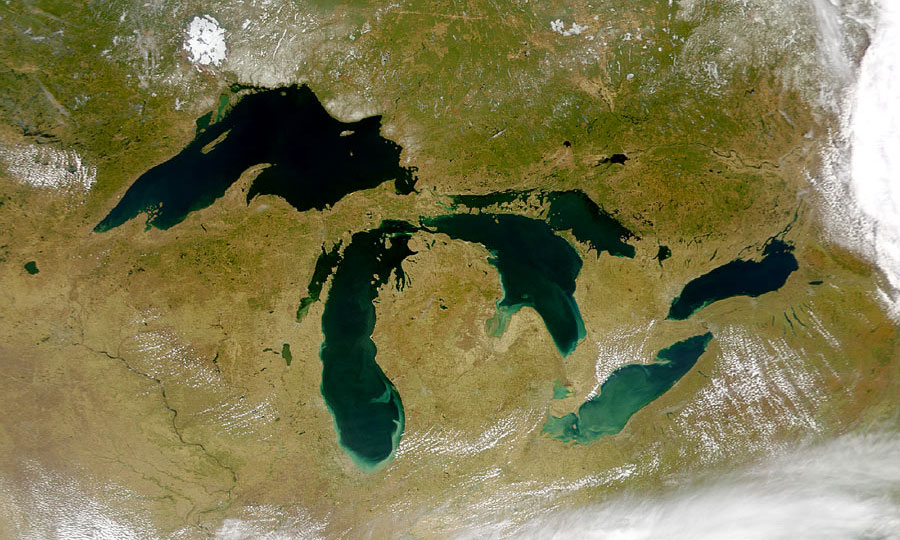For many years, the GLRPPR home page and subsequently the GLRPPR Blog have featured a “site of the month.” This feature was invented as a way of highlighting sites from organizations within the Great Lakes region and beyond which GLRPPR members might find particularly interesting or useful. This feature was created before there were RSS feeds for each Sector Resource on the GLRPPR web site, and before there was an RSS feed devoted to all new additions to the GLRPPR Sector Resources in general.
Upon recent consideration, GLRPPR staff members have decided to retire the “site of the month” and instead do more to highlight a variety of resources as they are added to the GLRPPR web site. Watch in the near future for blog posts highlighting recent additions to the web site or describing resources on the site that you may have overlooked. We’ll also be featuring themes for blogs posts to better foster the sharing of information on specific topics and networking among organizations in the region. More information on themes will be posted soon. Since the LINK newsletter was recently folded into the GLRPPR Blog, we’re hoping that you’ll come to use the blog as a source of information in the same way as you did the newsletter. If you have suggestions for resources or information that you would like to share with other members via the blog, please send your suggestions to our blog coordinator Wayne Duke.
Note that the “site of the month” category will remain on the blog as an archive of the sites that were so featured. The posts describing these sites are of course also cross referenced in appropriate topical categories (i.e. a post about a site related to agriculture would also be found in that category as well). An older list of sites of the month featured on the GLRPPR web site prior to there being a related blog category can also be found at http://www.glrppr.org/news/site_of_the_month.cfm.



